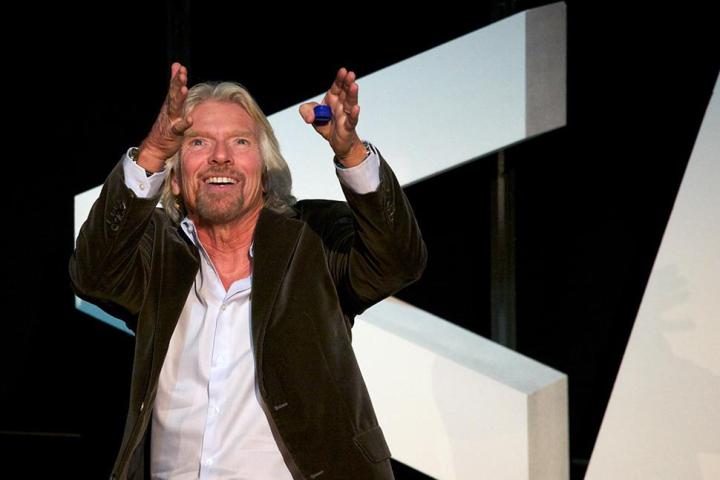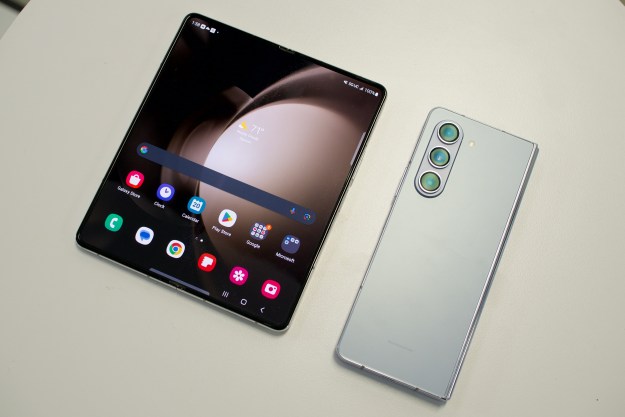
If that sounds familiar, that’s because Facebook (together with a group of big-name tech firms), and Google (Project Loon) are also working toward similar goals.
To make the project happen, the two companies will be investing heavily in satellite Internet firm OneWeb Ltd. – possibly familiar to some by its former name of WorldVu Satellites.
“We plan to put an initial array of 648 satellites up, and if that’s successful, we want to go to 2,400 satellites,” Branson told CNBC on Thursday. “The idea is to reach the billions of people who don’t have Internet access and to do so with good quality reception and good prices.”
According to the International Telecommunications Union, more than 50 percent of the world’s population is currently without Internet access. The initial array of nearly 650 micro satellites is intended to provide “low-latency, high-speed Internet access directly to small user terminals deployed around the world,” OneWeb said in a release.
The plan is to connect “rural and remote areas” using the satellites, which are likely to cost around $350,000 each to build.
The satellites will be put into orbit by LauncherOne – Virgin Galactic’s under-construction orbital launch vehicle – a method which Branson considers highly cost effective.
“It’s much more efficient than the big rockets of the past,” he said. “We can literally take off every three or four hours.”
There’s speculation that OneWeb could work with Elon Musk’s SpaceX company on the production of the satellites, though neither company has offered any concrete information on the possibility.
Meanwhile, it seems the race is well and truly on to be the first to succeed with sky-based global broadband initiatives. While Facebook is looking to send drones the size of massive passenger planes into orbit to bring Web access to the masses, Google is looking at high-altitude balloons and satellites to achieve a similar goal.

